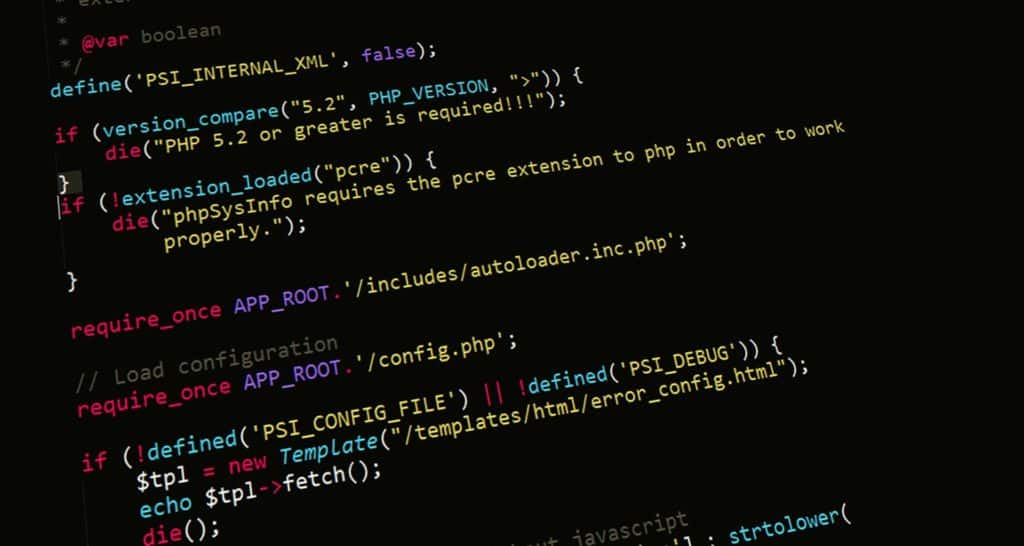“By failing to prepare, you are preparing to fail” — Benjamin Franklin
A few weeks ago, we started a discussion on The Next Frontier. Since then, we’ve explored The Next Frontier as it relates to edtech and fintech. This week, we’re doing something a bit different.
Drawing from previous discussions, we will look at four future developments in tech and what they could mean for you either as a student, startup founder, entrepreneur, or policymaker.
AI and more data applications in edtech

There have been considerable developments in Africa’s edtech space, from remote learning to self-paced learning.
In the future, the application of artificial intelligence and proper data management would be groundbreaking. In the case of AI, it would be improving learning efficiency for students and teachers.
One of the challenges of traditional education is the inability to tailor teaching to the needs of students and AI can help with that through personalised learning.
So this could mean that while there may be several students in a class, they would all be taught at different levels and tested on different subjects.
The other development would be in the use of data. As more students use edtech solutions, a lot of data would be gotten that could also help in providing better learning outcomes.
Even more interesting is that these developments would not be beneficial to students alone. Teachers would be able to develop curriculums that draw on the students’ strengths.
Repetitive and administrative tasks would also be cut down or eliminated using AI.
API healthtech startups

The fintech industry has benefited a great deal from the presence of API fintech startups as they have eased interoperability. The same looks set to be done for the healthtech space.
Currently, there are no African startups providing healthtech startups with an API. Consequently, data obtained exists in silos.
API startups could, therefore, be a game-changer. Imagine for a moment that you are a patient who has been using a healthtech provider but now needs to switch to another for some reason.
Without API startups, the process of getting your medical history has to begin afresh, but with an API startup, all that information could be gotten in seconds.
In addition, healthtech APIs mean that startups no longer have to build all the solutions they need but instead focus on the areas in which they excel.
Companies investing in companies

As Africa’s tech ecosystem matures, one trend that Abdul Hassan, Mono Founder and CEO, believes could become commonplace is companies investing in companies.
Already, we’re seeing some form of it with Interswitch’s investment in Okhi and Flutterwave’s investment in CinetPay.
What this would do is help companies consolidate their efforts. So rather than have several companies in a space but only slightly moving the needle, the resources and skills can be combined to go after a larger market.
Using the fintech industry as an example, it could mean that more financially excluded people get access to financial services.
Companies investing in companies would also mean that the smaller startup could leverage the assets and experience of the larger startup to build more efficient services and attract other investors.
Contactless cards

If you use the Lagos State Bus Rapid Transit (BRT) service, you will be familiar with contactless cards. You transfer money to it and use it to pay your bus fares.
Now, imagine your financial service provider issuing such a card. You’d no longer be bothered about leaving the house without cash or your ATM card.
You could pay for groceries or dates without using cash or punching in your ATM card PIN. It is also a safer option for users as it reduces the chances of being robbed. For business owners, it also improves the customer experience while protecting against fraud.
If you were not aware, The next frontier is also the theme for Techpoint Build 2021.
Holding on January 22, 2022, it will feature startup competitions and exhibitions in addition to conversations on The next frontier. We would love to have you there, so if you have not registered, follow this link to do so.






